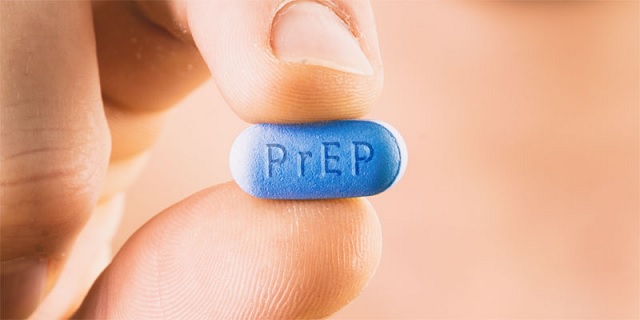
Masaka, Uganda | THE INDEPENDENT | Researchers are studying the effectiveness of a daily Pre-Exposure Prophylaxis (PrEP) drug Descovy in their HIV vaccine study that was launched recently in Masaka district.
Dr Eugene Ruzagira, a member of the team of researchers told a news conference organized by the Health Journalists Network that they are giving all the participants in their PrEPVACC trial a daily Descovy tablet to assess whether it’s effective in preventing participants from getting infected.
Ruzagira who is based at the Uganda Virus Research Institute says they want to establish whether Descovy works as well as Truvada in preventing HIV infection. Before it was approved for general use, Truvada’s effectiveness was established in studies done in Uganda.
He says the new drug has only been tested among men who have sex with men in the United States and there’s no data yet supporting its effectiveness in women and heterosexual populations.
Together with Descovy, up to 1,700 participants enrolled at various sites including Mbeya and Dar es- Salaam in Tanzania and Durban in South Africa will be given DNA and protein-based vaccines in two arms which will be compared against a placebo in the third arm.
Volunteers will be injected four times on the first day, four weeks later, six months and after a year.
In Uganda, the researchers expect to enroll 400 participants and have so far had 157 injected and started on PrEP. Elsewhere, the Dar es Salaam site enrolled their first participant yesterday whereas the Mbeya site has had 30 volunteers sign up. The other two sites have not yet registered any participants.
Ruzagira says that enrolling participants will end this year but the study continues until 2024.
Sylvia Nakkasi, an HIV prevention advocate from the Civil Society Organization-UNASO welcomed the study and urged the Ministry of Health to embrace the many options for HIV prevention being adopted elsewhere.
She said despite the years of research, prevalence has remained high especially among women at over 6%. Due to the COVID-19 pandemic, she says incidence might increase undoing the gains made before.
*****
URN
 The Independent Uganda: You get the Truth we Pay the Price
The Independent Uganda: You get the Truth we Pay the Price





